Temple Urban Tracts
Urban Tracts is a series of papers on urban mission and ministry commissioned in the lead up to the 40th anniversary of the Faith in the City report. The Brixton disturbances of April 1981 prompted, among other things, Archbishop Robert Runcie to set up the Archbishop’s Commission on Urban Priority Areas. This led to the publication of the Faith in the City report in December 1985 with its recommendations for church and nation, which proved a great stimulus for urban ministry across the whole UK church. In 2021 the issues of social inequality, racial justice, and the failure of the Church to flourish and grow in urban settings have not gone away.
To mark the upcoming anniversary, the William Temple Foundation is commissioning and publishing a new Temple Tract series on urban mission and ministry. The tracts are aimed at practitioners and church leaders, off ering reflection and experience from authors who have been involved in urban mission and ministry. We aim to highlight resources and lessons that are relevant for Christians in urban areas today and renew the challenge to the churches.
- Temple Tracts: regular contributions to public and political theology and social ethics aimed at a general audience.
- Temple Ethical Futures: specific contributions addressing ecological and digital agendas and alternatives.
- Temple Continental: contributions of a more specialist nature engaging theological thought with the latest currents in continental philosophy and political theology.
- Temple Urban Tracts: reflections on urban ministry and mission for practitioners and church leaders in the run-up to the fortieth anniversary of the 1985 report Faith in the City.
There is no financial charge to download any of our Temple Tracts, but we do ask for donations as a contribution to our costs and your email address (so that we can send you our quarterly newsletter). Please click on Yes, I’d like to donate now after your download. Your details will be held securely and never sold on, and you can unsubscribe at any time.
Series Editor and Foundation Research Fellow Greg Smith has also been working with a number of others to develop a new website of resources for people interested in urban mission and ministry at urbanmissionuk.net.
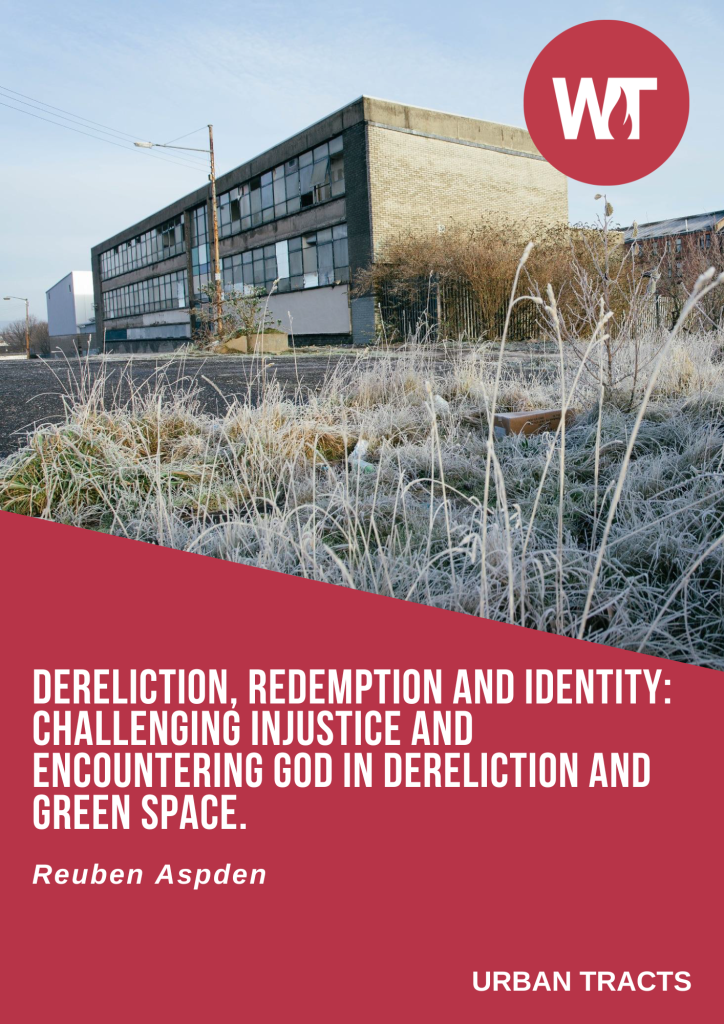
Dereliction, redemption and identity: Challenging injustice and encountering God in dereliction and green space. (2023)
Reuben Aspden
Reuben Aspden opens up the experiences of living and working in a community that is perceived as derelict and neglected. Aspden takes the reader on a journey through Possilpark, a community on the edge of Glasgow, from the perspective of someone serving as part of an intentional Christian community. Aspden reflects on different spaces across the community and the ways in which prophetic presence and eco mission can open up experience and encounter with God. Aspden uses local symbols of continuity, such as the Doocots (pigeon huts) to explore resistance and hope for the community and to reflect on their own community.

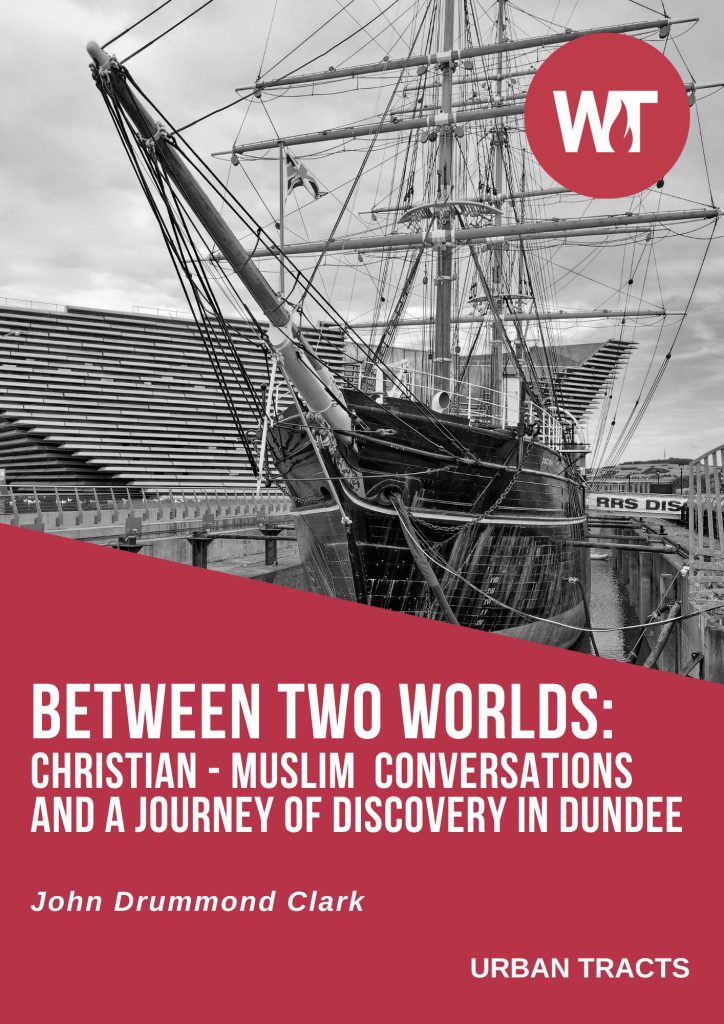
Between Two Worlds: Christian – Muslim Conversations and a journey of Discovery in Dundee (2023)
John Drummond Clark
John Drummond Clark tackles a common issue for urban Christians and churches; how to engage with, build relationships and dialogue with Muslims who live in their city. Drawing on many years of experience he advocates a Friendship First approach, which allows members of both faith communities to talk honestly about differences of belief and culture, while working together for justice and the shalom of their city.
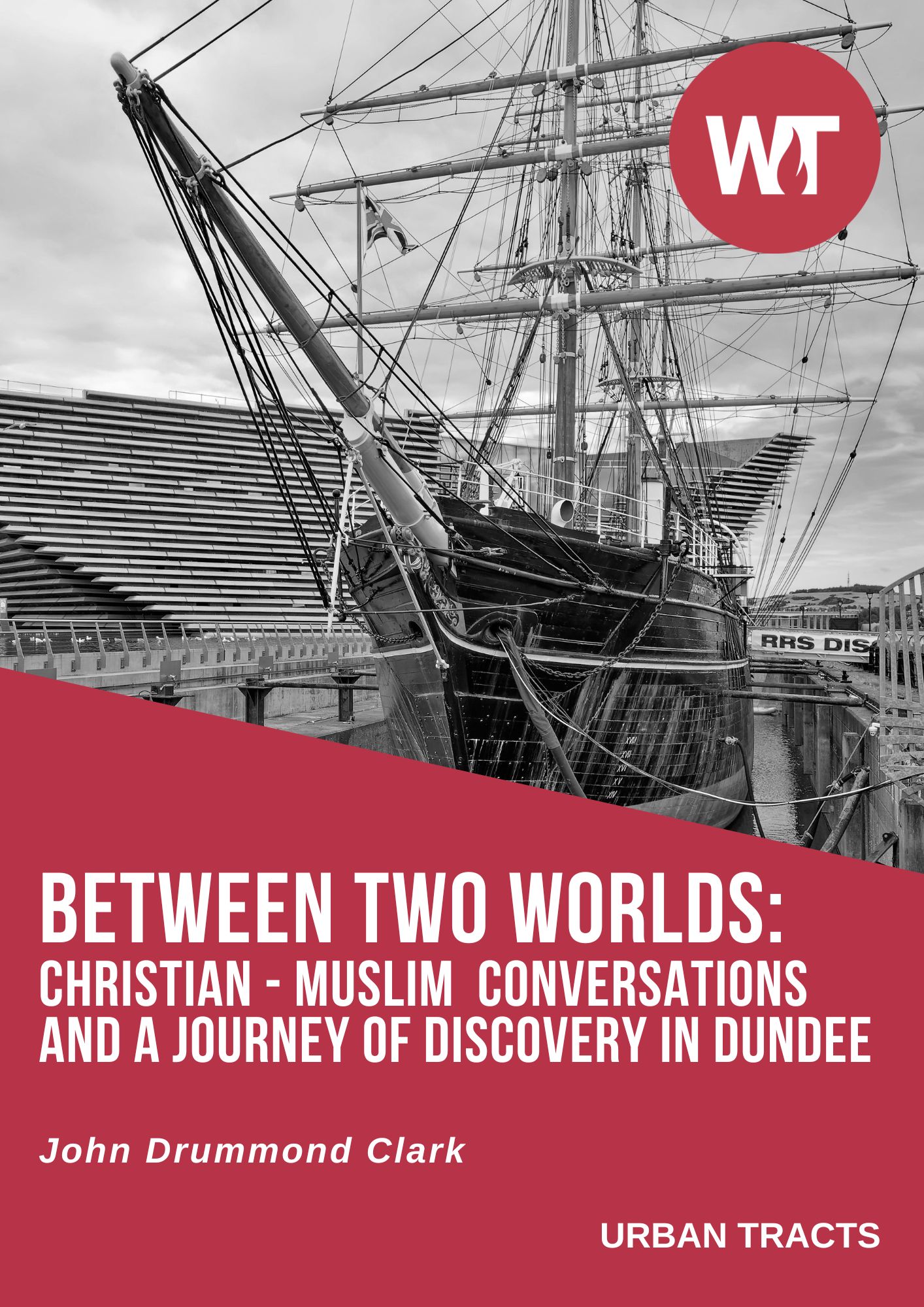
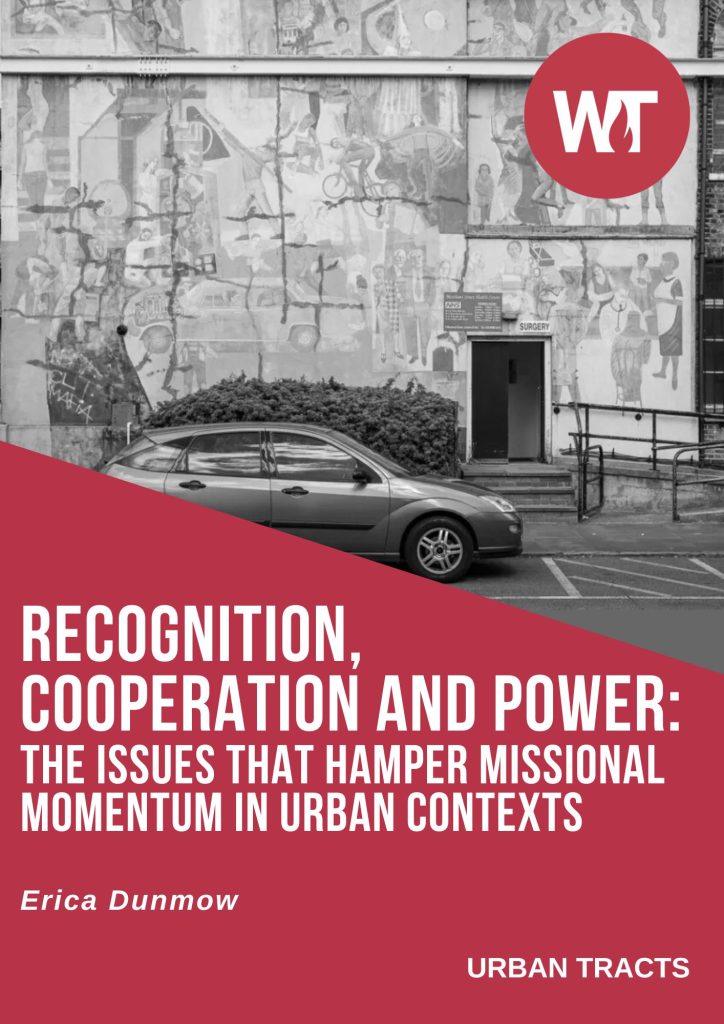
Recognition, Cooperation and Power: The Issues that Hamper Missional Momentum in Urban Contexts (2023)
Erica Dunmow
Erica Dunmow reflects on her experience and learning as a national urban mission networker, in particular on overcoming the barriers to constructive mission relationships between mainstream denominations and Black-led and Black majority churches.
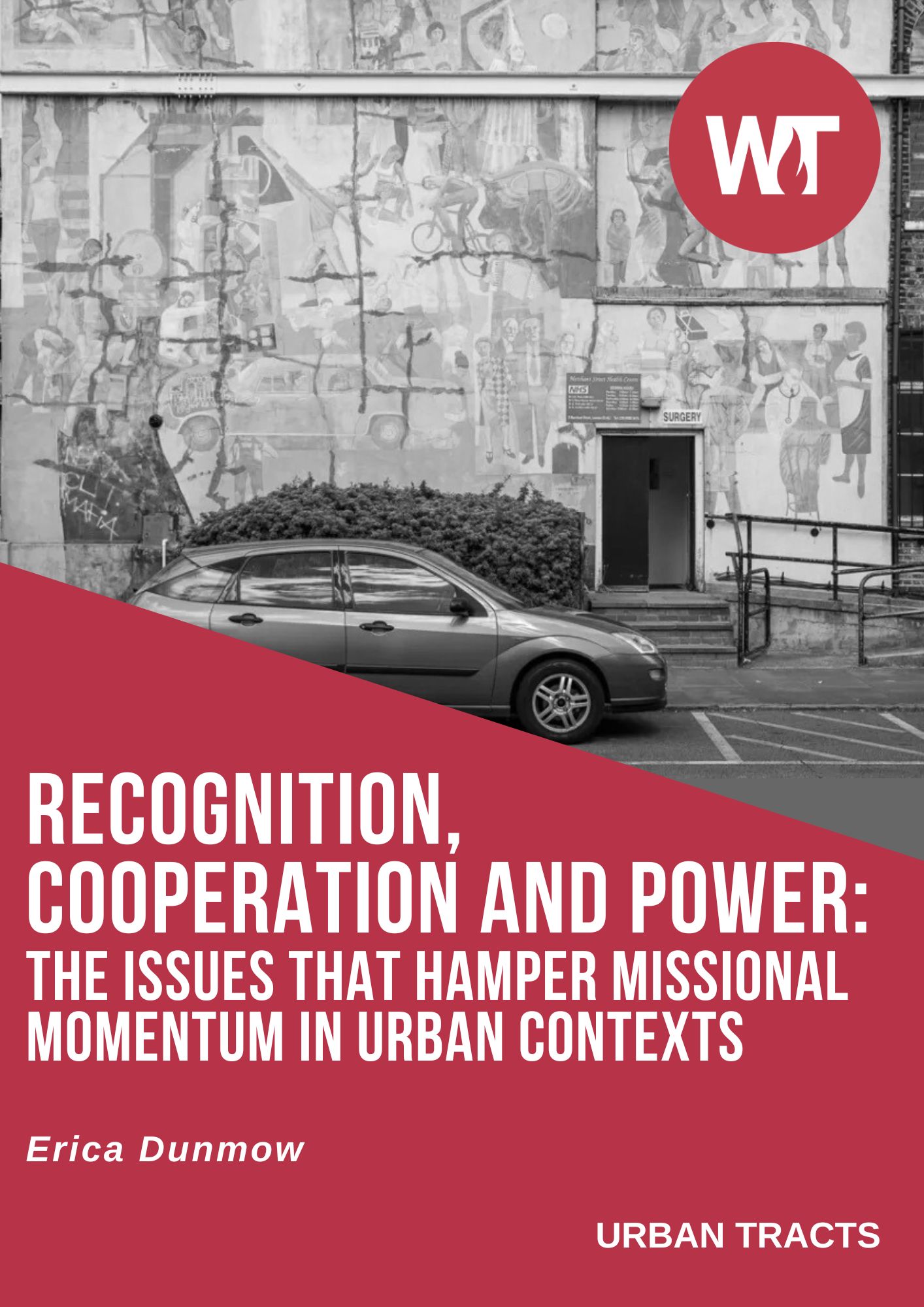
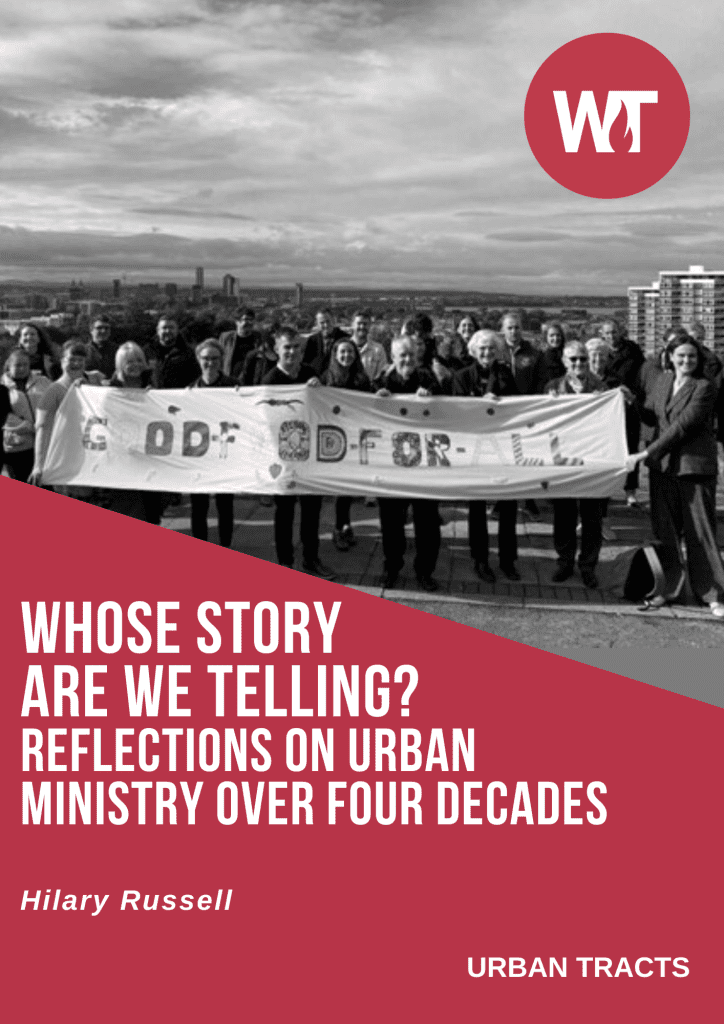
Whose Story Are We Telling? Reflections on Urban Ministry Over Four Decades (2022)
Hilary Russell
Hilary Russell, reflecting on over forty years in community work, offers her personal perspective on church activity, evaluating urban regeneration programmes, voluntary organisations, diocesan and national review bodies, and Christian social action and campaigning.
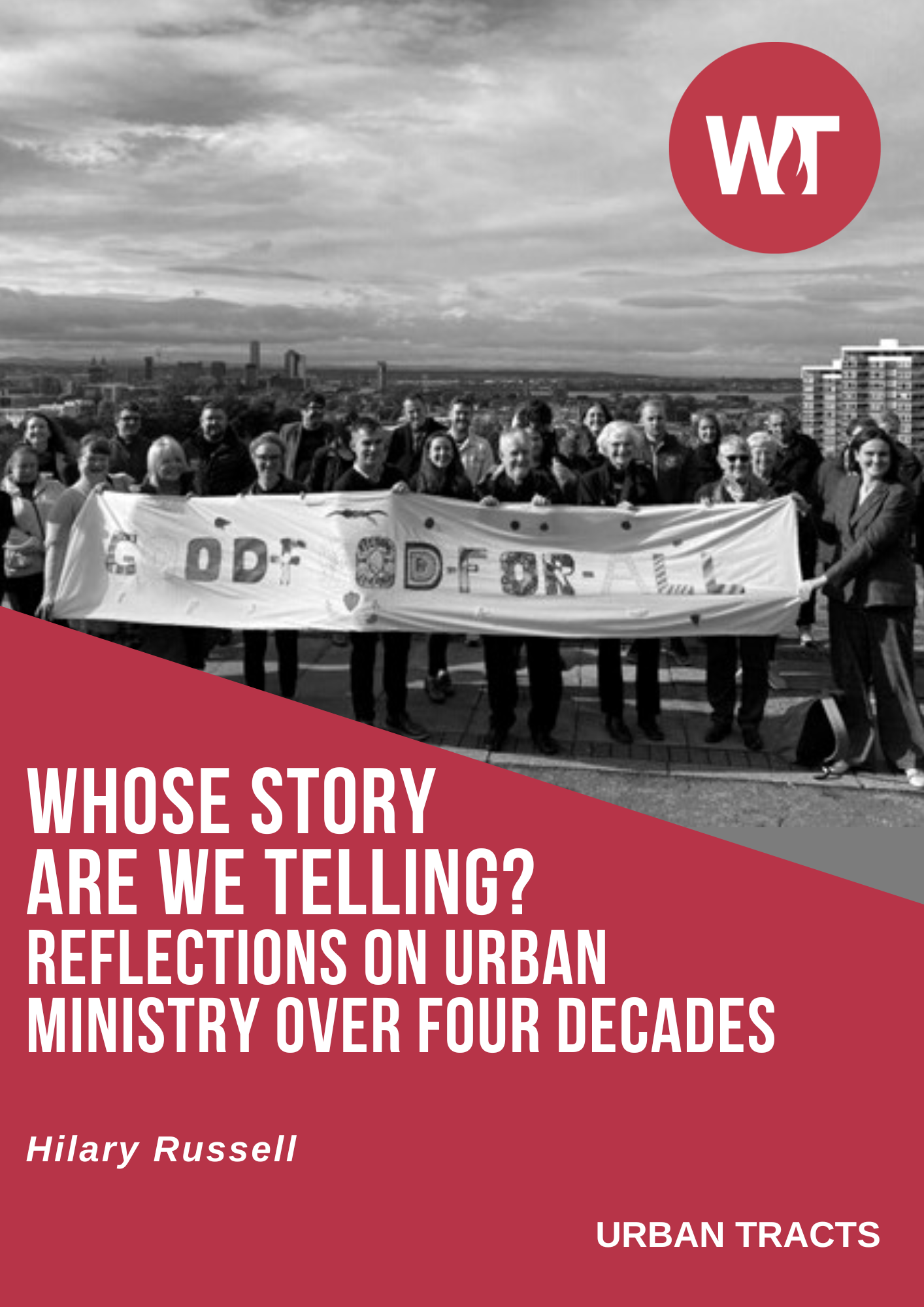
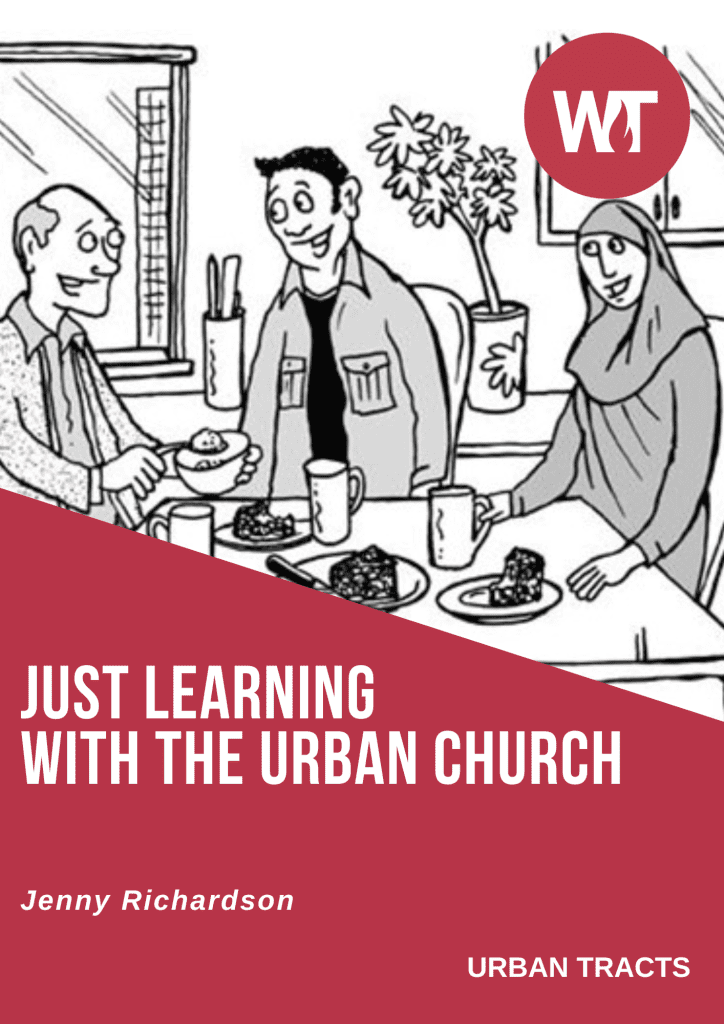
Just Learning with the Urban Church (2022)
Jenny Richardson
Jenny Richardson explores how radical theology enables learning through reflection on life experiences in a constantly changing urban context, the fresh discovery of the transforming power of God’s Spirit, and the impetus to engage in action to bring about transformation. She advocates the process of learning as key for the transformation of individuals, the church, and the wider world.
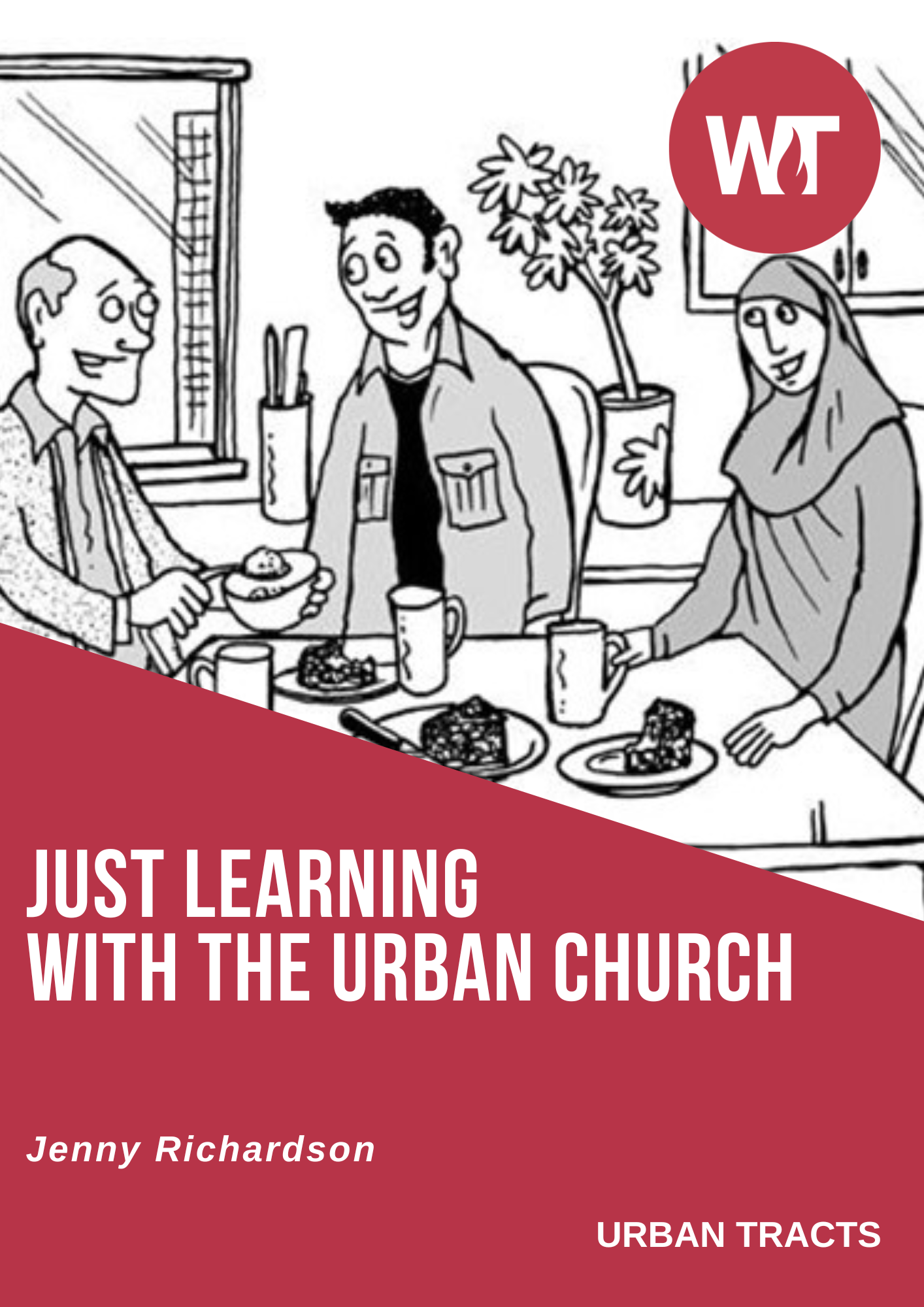
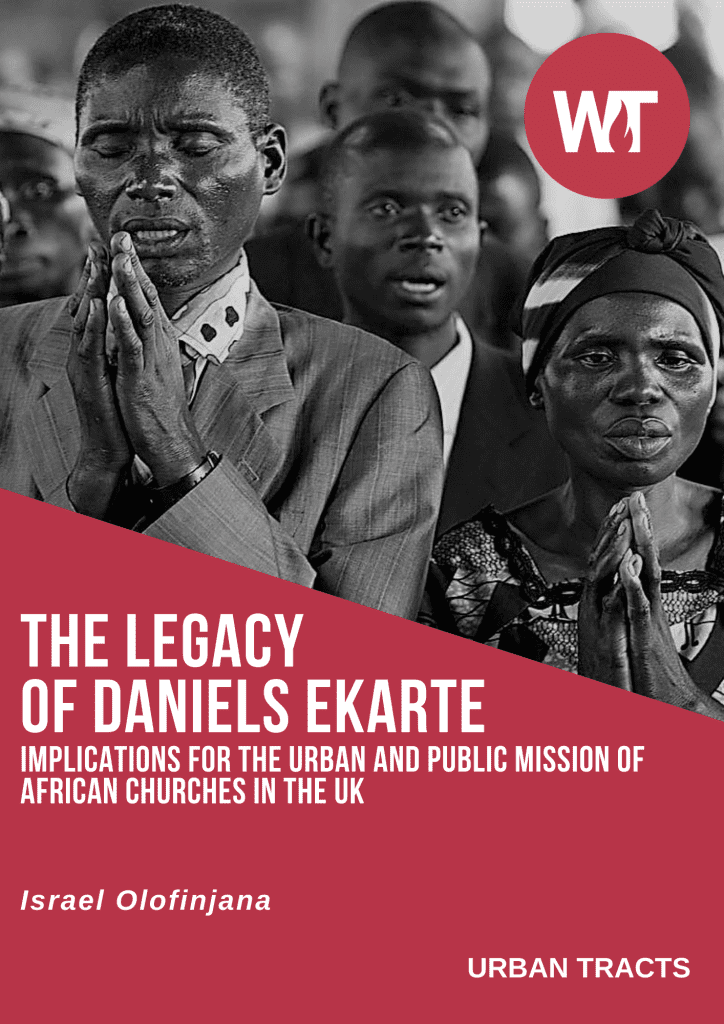
The Legacy of Daniels Ekarte: Implications for the Urban and Public Mission of African Churches in the UK (2022)
Israel Olofinjana
Israel Olofinjana examines the urban ministry and leadership of Daniels Ekarte in Liverpool and draws out its implications for the urban ministry praxis of African Churches in Britain, especially as it relates to Britishness, migration, and multiculturalism.
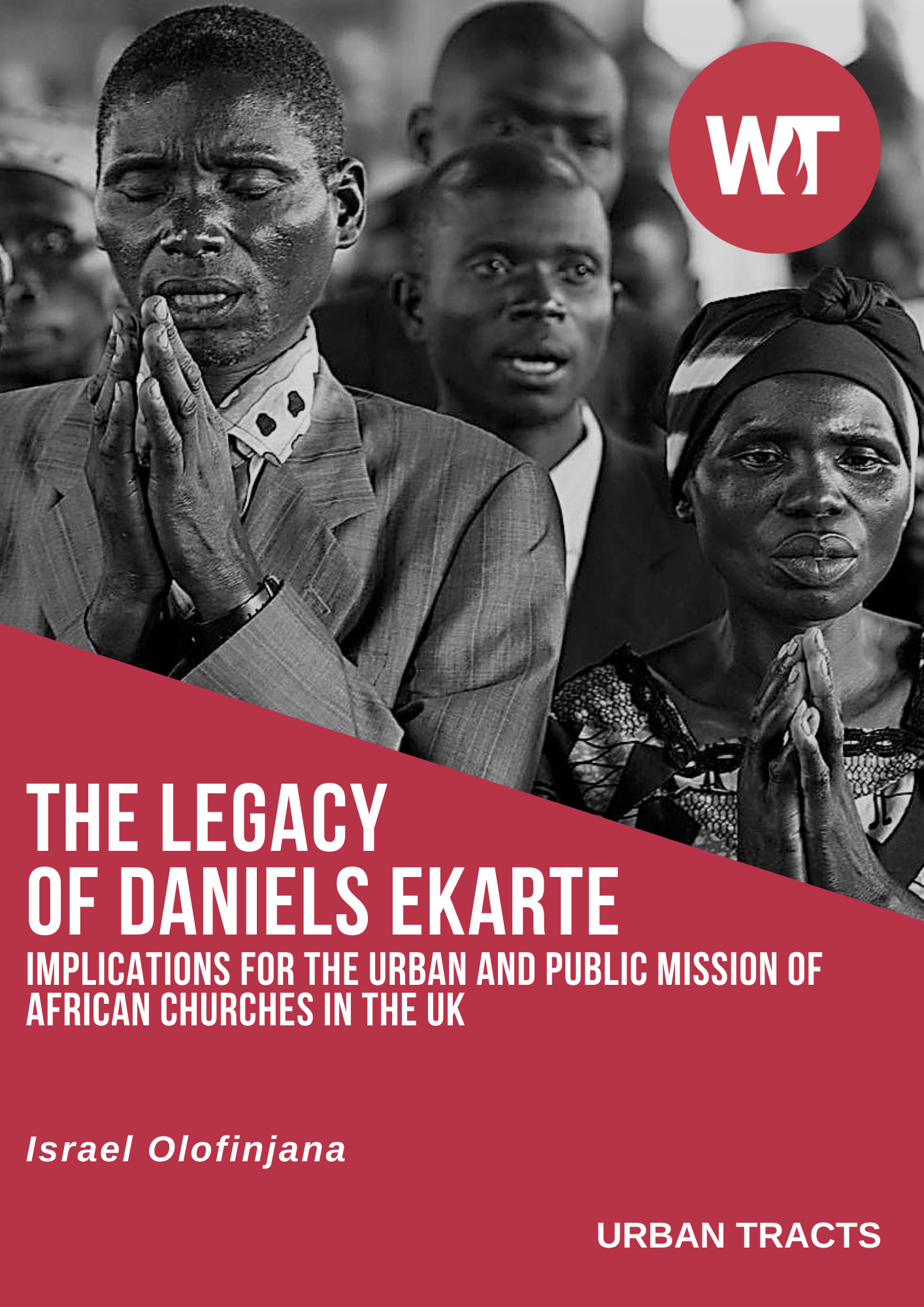
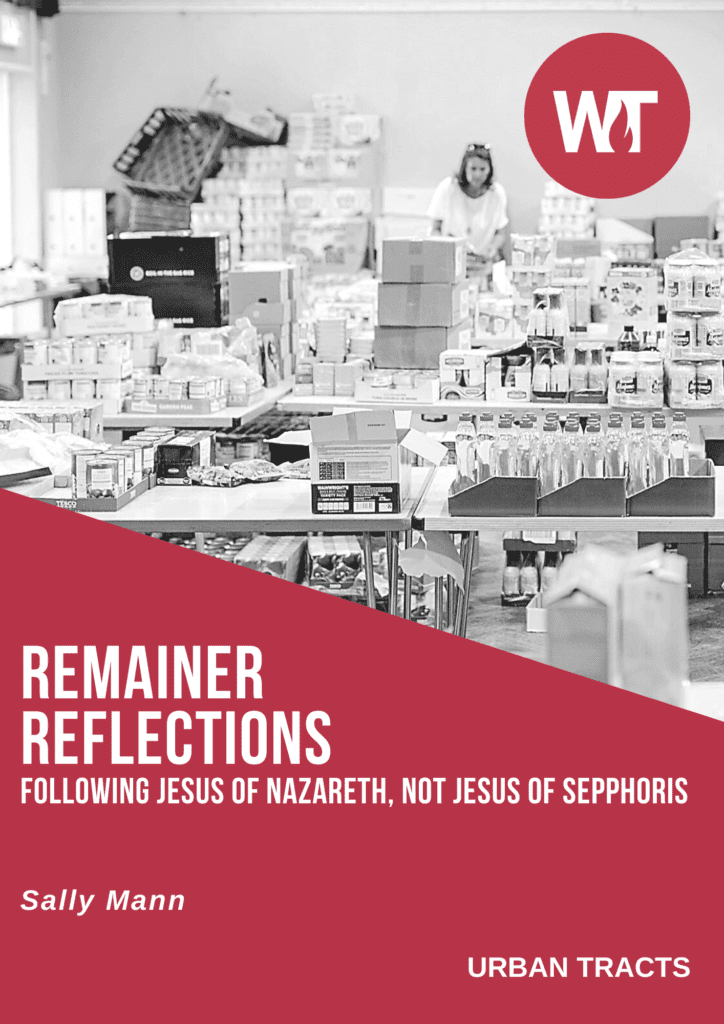
Remainer Reflections: Following Jesus of Nazareth, not Jesus of Sepphoris (2021)
Sally Mann
In the latest instalment of our Urban Tracts, Sally Mann recounts her experience of staying put and ‘living deep’ within the Bonny Downs community in East Ham, London. She points to Jesus’s very particular locality in Nazareth, and reflects on the importance of both storytelling and place-making for communities such as Bonny Downs.
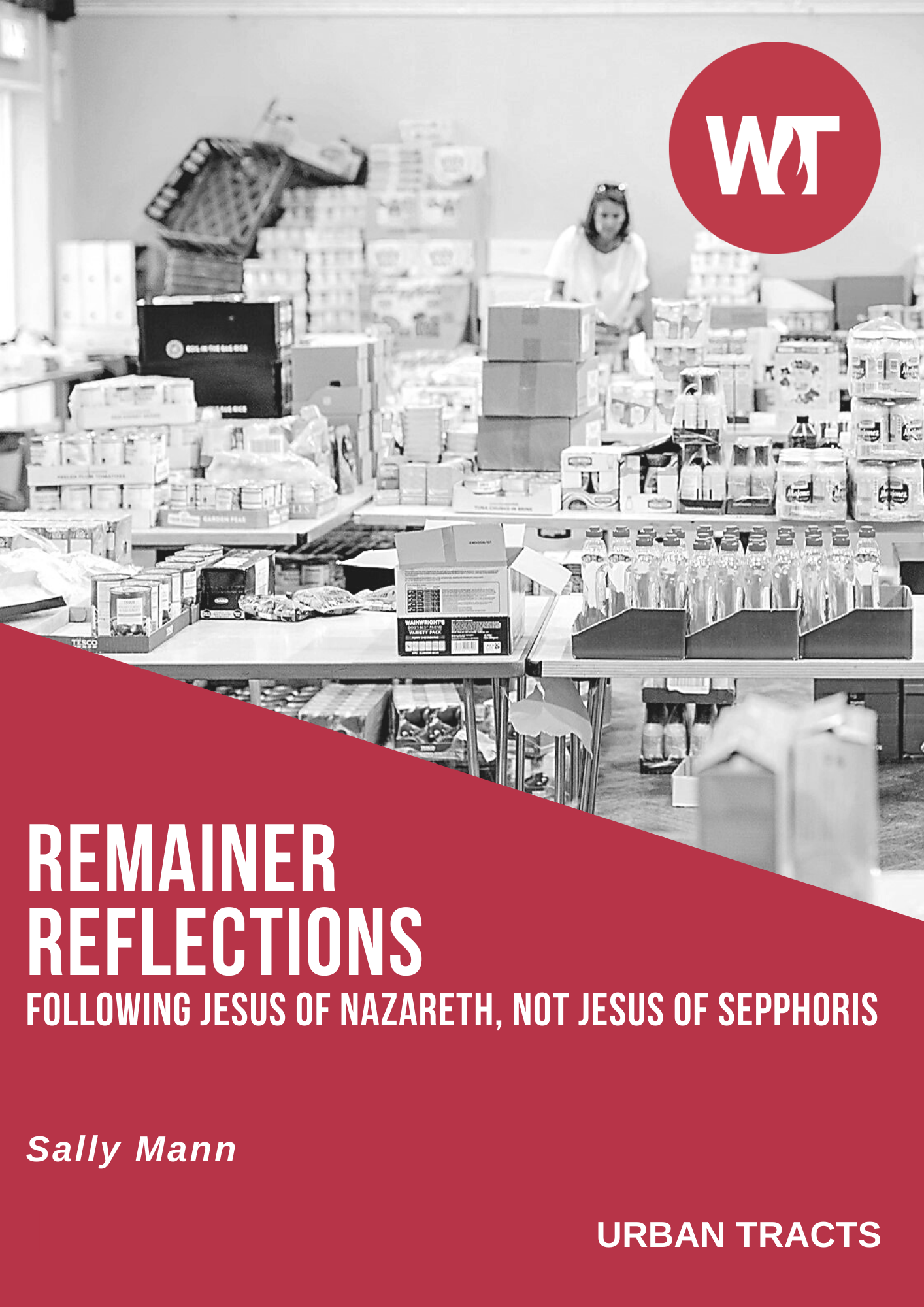
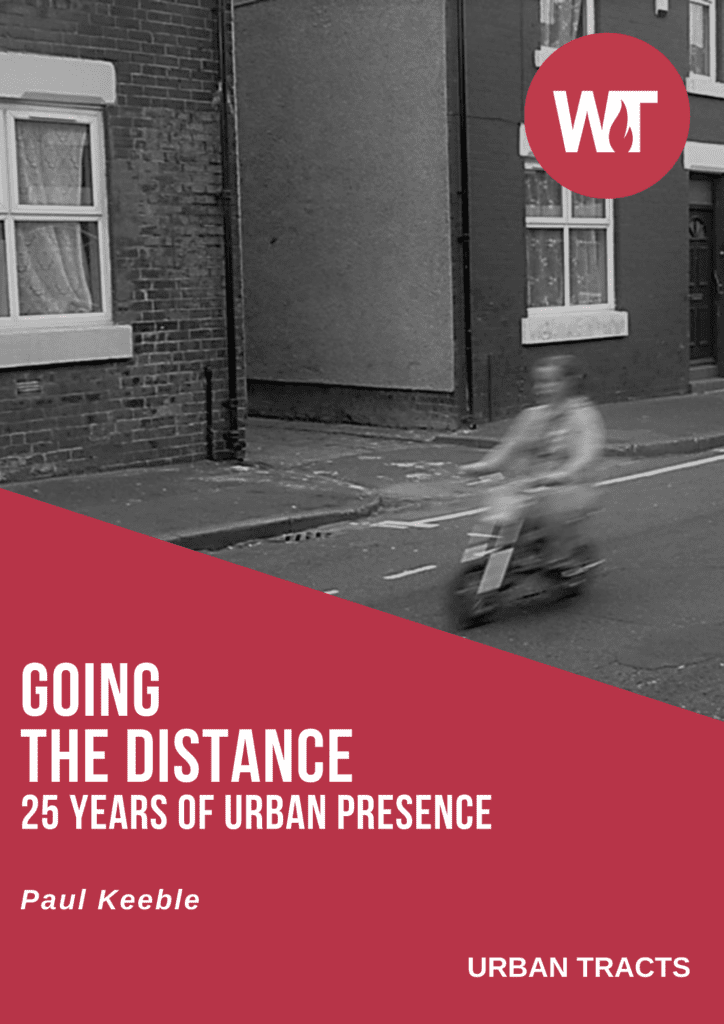
Going the Distance: 25 Years of Urban Presence (2021)
Paul Keeble
In the second of our Urban Tracts, Paul Keeble charts 25 years of the charity Urban Presence. Keeble argues passionately for the importance of long-term, ‘incarnational’ presence in inner city neighbourhoods, as opposed to short-term and episodic ministry from a distance. Manchester provides the context and a number of case studies for this work.
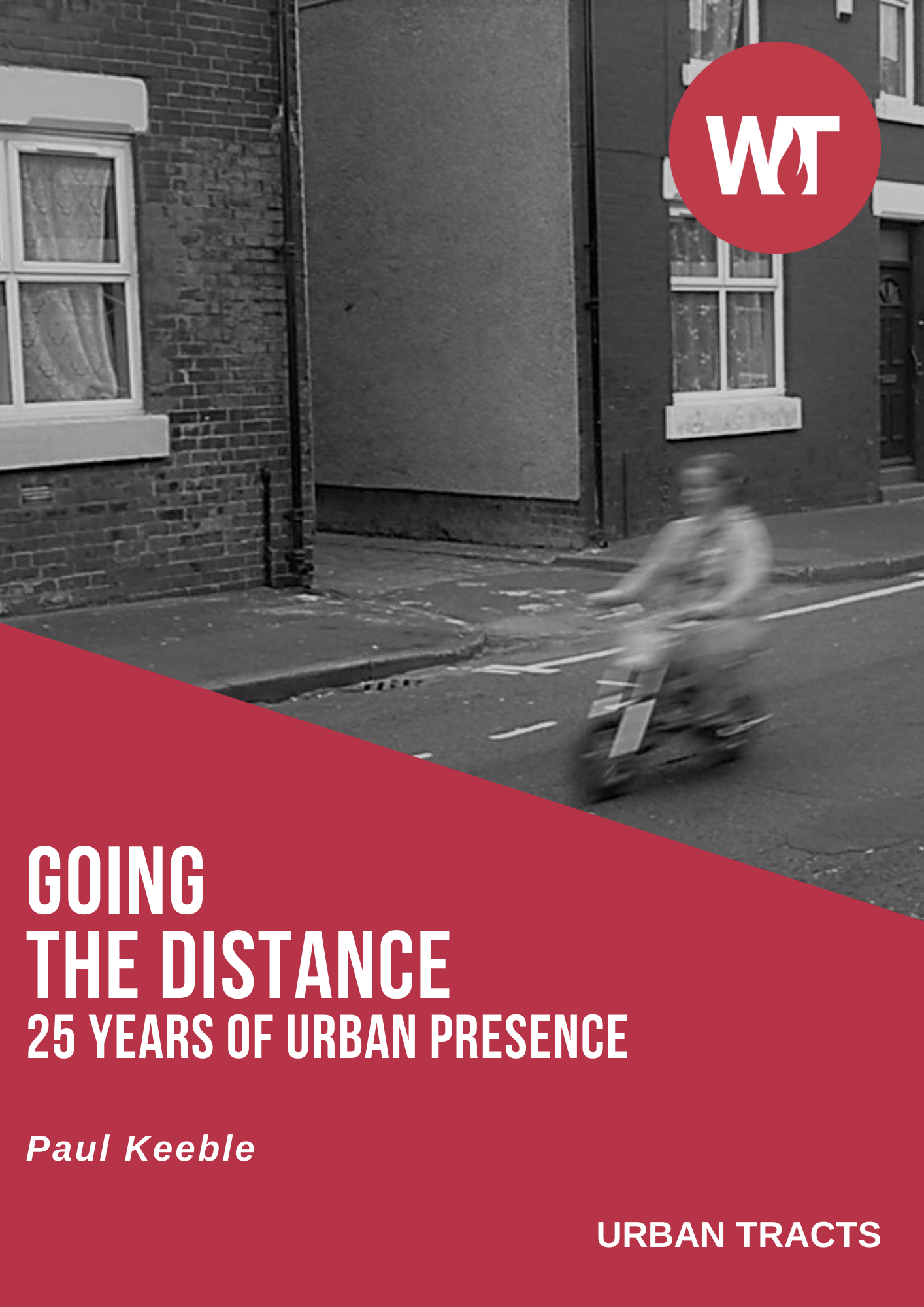
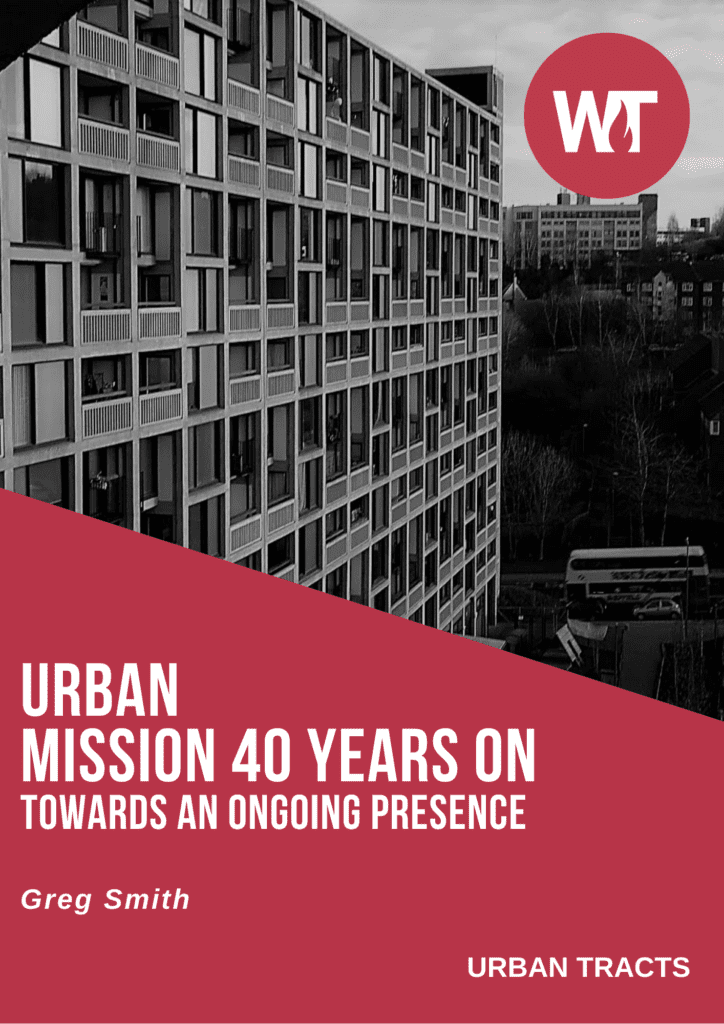
Urban Mission 40 Years On (2021)
Greg Smith
This first instalment of our Urban Tracts series offers an overview of urban ministry since the early 1980s and draws out some important lessons from the last 40 years. Are there distinctive characteristics and key principles that are transferable to new places, new times, and a new generation of practitioners? As we head, post-pandemic, towards a ‘new normal’ for urban society and the church there are exciting opportunities to be grasped, says Greg Smith.
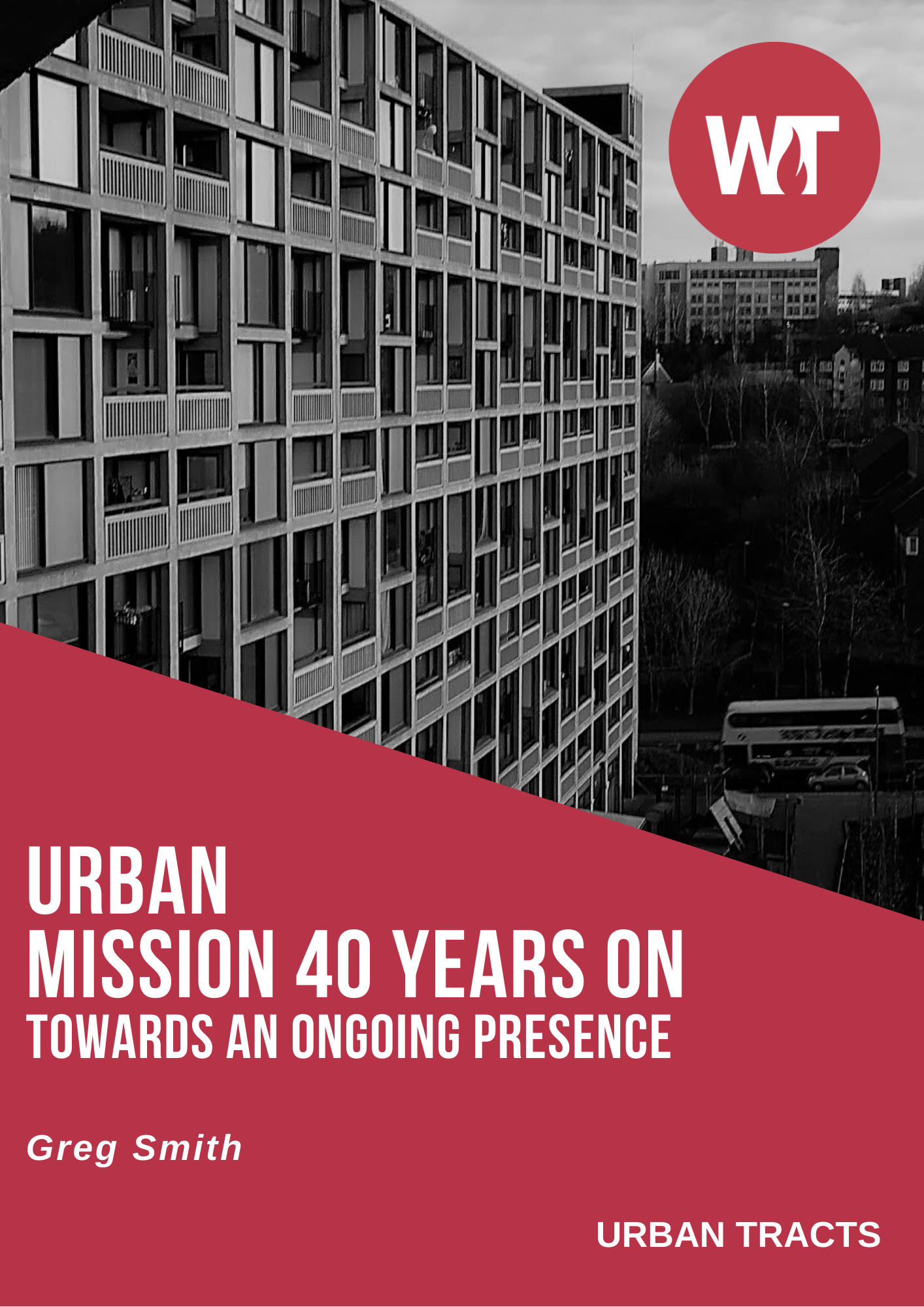
.